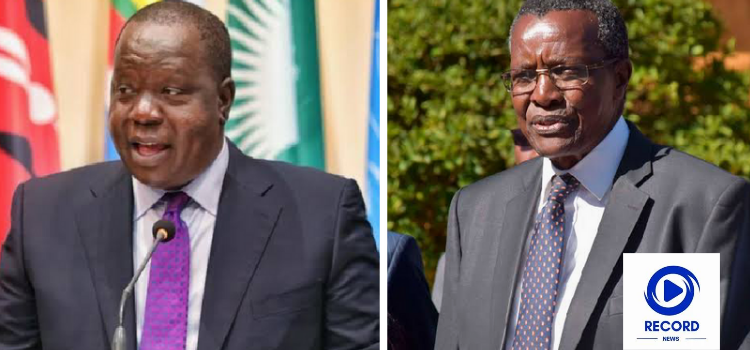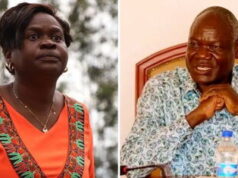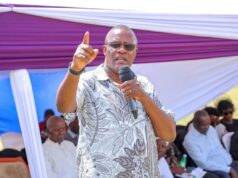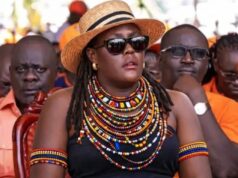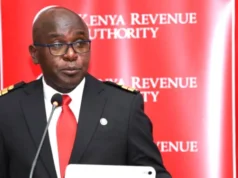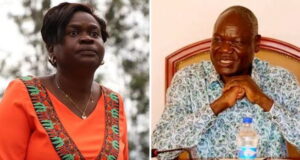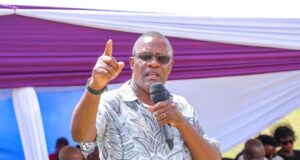Kenya is rewriting its political playbook, and this time it is tossing out the old rule that longevity in public office is a prerequisite for presidential ambition. The 2027 race is already shaping up to be a referendum on performance, not political history. The game has changed. The faces are new. And the momentum is unmistakably fresh.
From a judiciary stalwart to executive technocrats, and from single term legislators to second term senators, the next generation of presidential contenders are not necessarily products of lifelong political machinery. They are symbols of Kenya’s evolving political taste. Short. Sharp. Shock.
Top among those redefining this new norm is former Chief Justice David Maraga. With over 35 years of judicial experience and zero ties to political baggage, Maraga is positioning himself on a bold platform focused on the restoration of the rule of law. His quiet dignity, reputation for integrity, and apolitical track record may just offer the kind of judicial credibility Kenyans are yearning for.
Then there is Dr Fred Matiang’i. Ten years of uninterrupted executive service, no elected office, and no party allegiance. What he brings is disciplined administration, a no nonsense approach to governance, and a deep familiarity with the machinery of state. If he throws his hat into the ring, he is likely to run on an economic transformation agenda built on structure, not slogans.
Even within the current regime, the trend is evident. Deputy President Rigathi Gachagua has had just six and a half years in elected politics, a single term as Member of Parliament before rising to the second highest office.
His story proves that the fast lane to the top is no longer a fantasy. It is the new route. His likely successor, Deputy President designate Kithure Kindiki, served just ten years in the Senate before climbing the political ladder. The takeaway? Time in office is no longer the measure of political muscle.
This is not just about individuals. It is about a system that works. The 2010 Constitution has in many ways leveled the field. It has rebalanced power, shortened political lifespans, and allowed new blood to compete without waiting decades.
This new Kenya rewards competence, not comradeship. It demands results, not rhetoric.
The public, especially the youth and urban voters, is less concerned about the number of years served and more interested in the impact made.
The appetite is no longer for career politicians, but for result driven professionals. Those who promise to fix and deliver, not just campaign and survive.
The narrative that you must stay long in public service to lead is losing steam. The idea that Kenya’s presidency is the culmination of a lifetime in politics is being dismantled, one newcomer at a time.
As 2027 draws closer, Kenya is set to witness a thrilling contest, not just of personalities, but of philosophies. The future is no longer reserved for the long serving. It belongs to the doers, the disruptors, and the determined.


